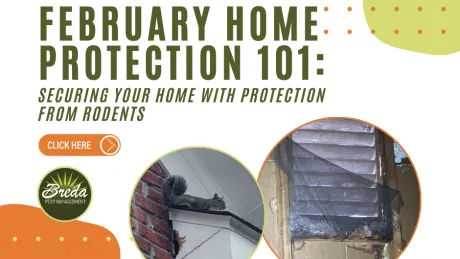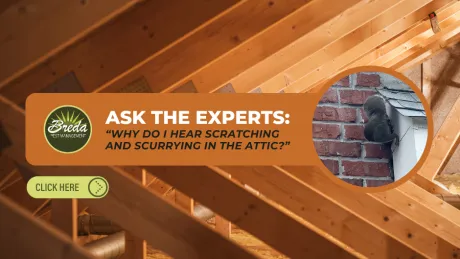Nobody wants bugs living in their house. Bugs are more than just a nuisance. Bugs— and the chemicals that are used to control them—can pose risks for your pets. Some bugs are dangerous if they're eaten, while others have harmful stings. Pesticides can also harm dogs or cats if they're used improperly.
Ingesting Bugs
While you may think bugs are creepy and gross, your dog or cat may think they look like a tasty snack! Most of the time, snacking on bugs won't hurt your pet, though some types of insects can pose problems.
If your dog or cat tries to eat a bug that has a stinger (like a bee or a wasp) they may end up getting stung on the inside of their mouth. Brightly-colored insects (like ladybugs) and some types of caterpillars are toxic and can burn your pet's mouth.
Stink bugs are well-known for their bad odor, but they also have a bad taste. If your dog or cat chows down on a stink bug, the foul flavor can make them throw up. Fireflies (also called lightning bugs) are another bug that tastes bad. Like stink bugs, they aren't actually dangerous but their gross taste can give your pet a sick stomach.
Bug Bites and Stings
Your furry friends are also at risk of being bitten or stung by various bugs around your home. They may be bitten when they curiously sniff a bug or try to play with it. Some of these bugs are venomous and can cause health problems, while others will just give your furry friend a painful bite or sting.
Widow spiders and brown recluse spiders are a danger to people. They're also bad news for your dog or cat according to the Merck Veterinary Manual. Widow spider bites can lead to painful muscle cramping in pets, and even shock or respiratory paralysis. Brown recluse spider bites can result in a skin ulcer at the bite site as well as other symptoms such as a fever or vomiting. If you think your pet has been bitten by a spider, it's a good idea to take them to a vet.
Honeybees can also be a problem for dogs or outdoor cats. While honeybees aren't aggressive, they will sting if they're provoked. Curious pets who take interest in a hive may provoke the bees. Pets that like to chase flying insects may also end up getting stung. If you have a bee problem in your yard, contact pest professionals for help.
Pesticide Concerns
Pesticides are used to kill bugs, but these chemicals can also be dangerous for your dog or cat. Curious pets will eat things that they shouldn't (like bait products). They can also get pesticides on their paws or fur if they walk across a recently-treated surface. If they groom themselves after they do this, they'll ingest the chemicals.
To protect your pet, keep them away from pesticides. The American Veterinary Medical Association explains that these poisons should only be applied in areas that are completely inaccessible to your dog or cat. Pesticides should also be stored in a locked cabinet or closet to keep curious cats from accessing them.
Some types of bugs can hurt your dog or cat, so try to keep your pet from getting too close or eating them. If you need to use pesticides, have the professionals come out and apply them for you to ensure everyone stays safe.



